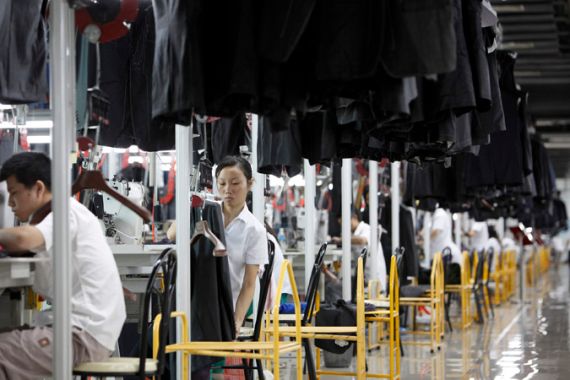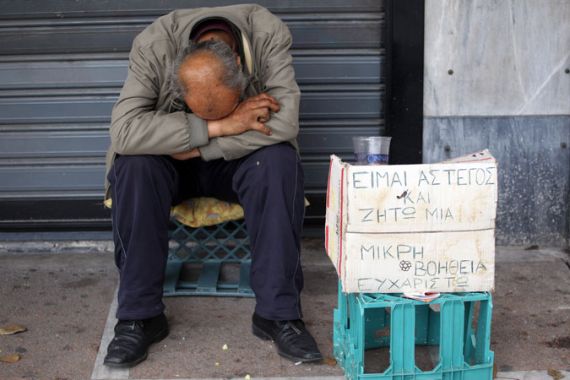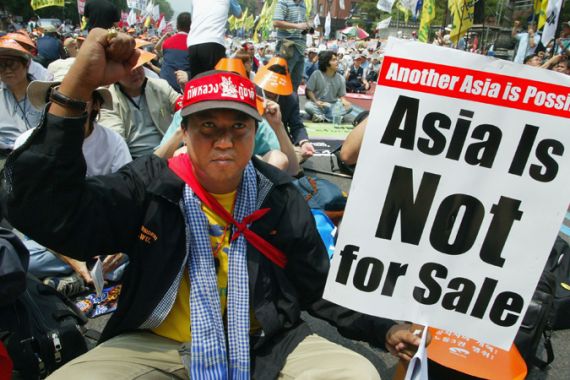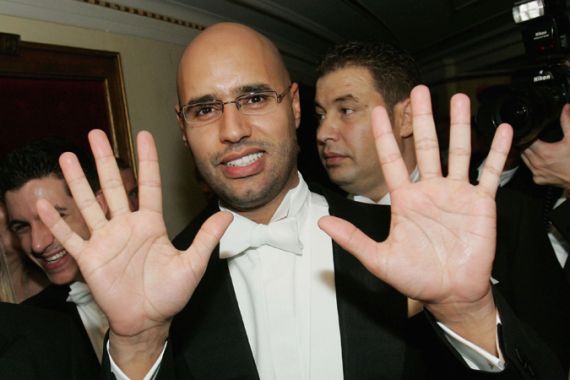When globalisation raises questions about the legitimacy of its redistributive effects, we should not ‘restrict trade’.


When globalisation raises questions about the legitimacy of its redistributive effects, we should not ‘restrict trade’.

The world economy is entering a new phase, in which achieving global cooperation will become increasingly difficult.

Economic instruction at the public level suffers from a lack of nuanced assertions, writes the author.

The political consequences of the Eurozone crisis include increasing xenophobia and nationalism among politicians.

Europe is getting nowhere trying to same failed ideas to solve the financial crisis: it’s time to think outside the box.

Despite the rise of service based economies, manufacturing remains an integral part of success.

As major economies face hardships, will developing countries be able to step up and carry the global economy?

Leaders seek to avoid economic fate of others by creating reliable reforms and restructuring value of its currency.

The free-market needs regulation, so the world is safe for democracy, not just business.

It is easy to criticise in retrospect, but advisers dealing with foreign leaders often fall into the ‘dirty hands’ trap.
